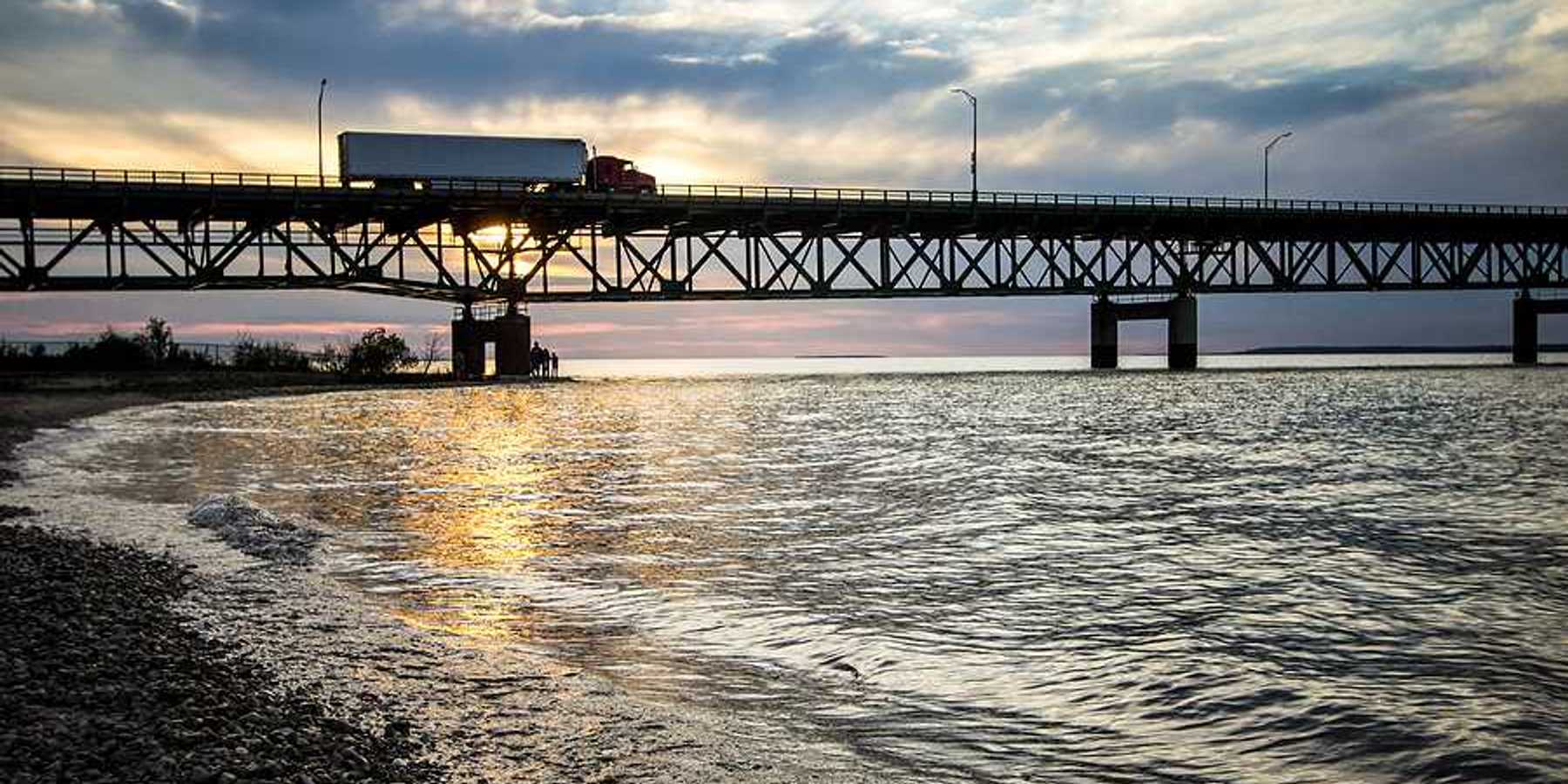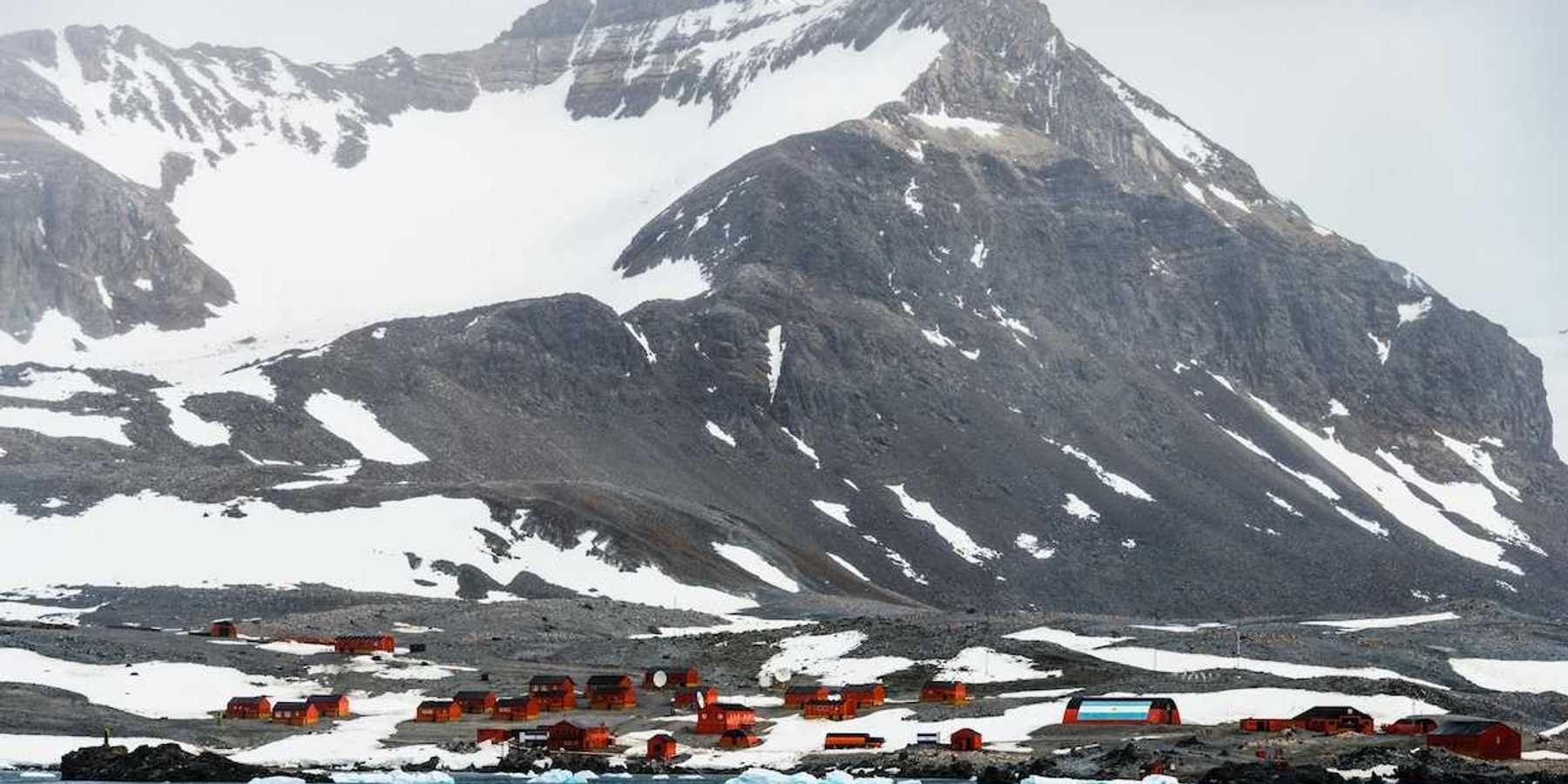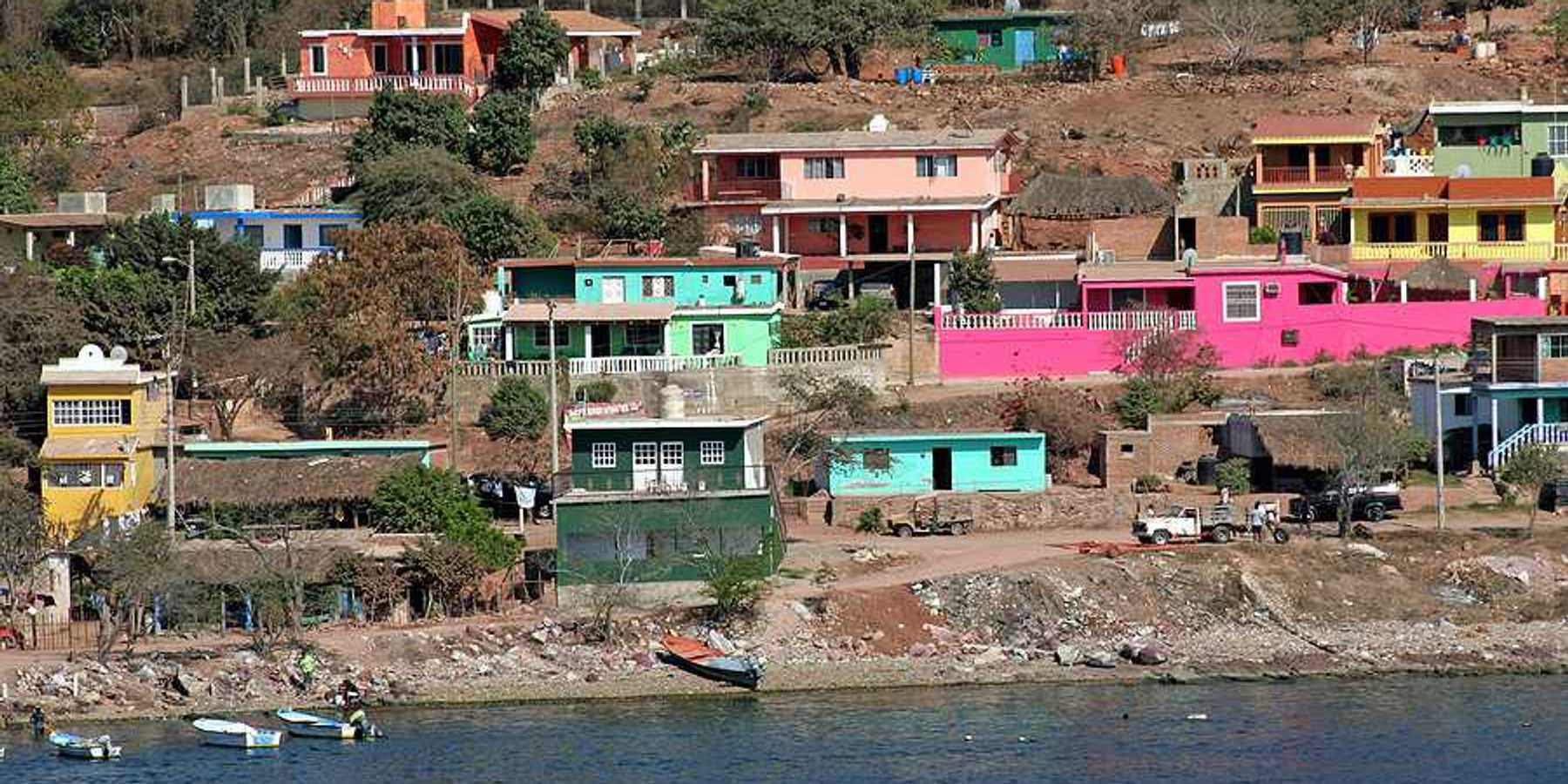Hurricane Helene’s aftermath leaves rural water systems in crisis
Western North Carolina communities face prolonged water and sewer disruptions following Hurricane Helene, with repairs expected to take years and cost millions.
Katie Myers reports for Grist.
In short:
- Hurricane Helene caused severe flooding in western North Carolina, killing 103 people and damaging 126,000 homes, roads and critical infrastructure, including over two dozen water utilities.
- Towns like Spruce Pine and Asheville face significant challenges rebuilding water and sewer systems, with communities relying on temporary fixes such as portable toilets and water deliveries.
- Long-term solutions, including relocating infrastructure to higher ground and consolidating small utilities, are complicated by funding needs and climate-driven disaster risks.
Key quote:
“We had backup generators to supply the hospital in case of an emergency. But we never dreamed we would lose water and sewage capabilities, and we lost them all at once."
— Alex Glover, chair of Blue Ridge Regional Hospital’s board of directors
Why this matters:
Access to safe water and functioning infrastructure is essential for public health, local economies and emergency services. Increasingly frequent and severe weather events linked to climate change are overwhelming outdated systems, highlighting the urgency of investment in resilient infrastructure.
Learn more: Hurricanes leave behind long-term health risks and water contamination













